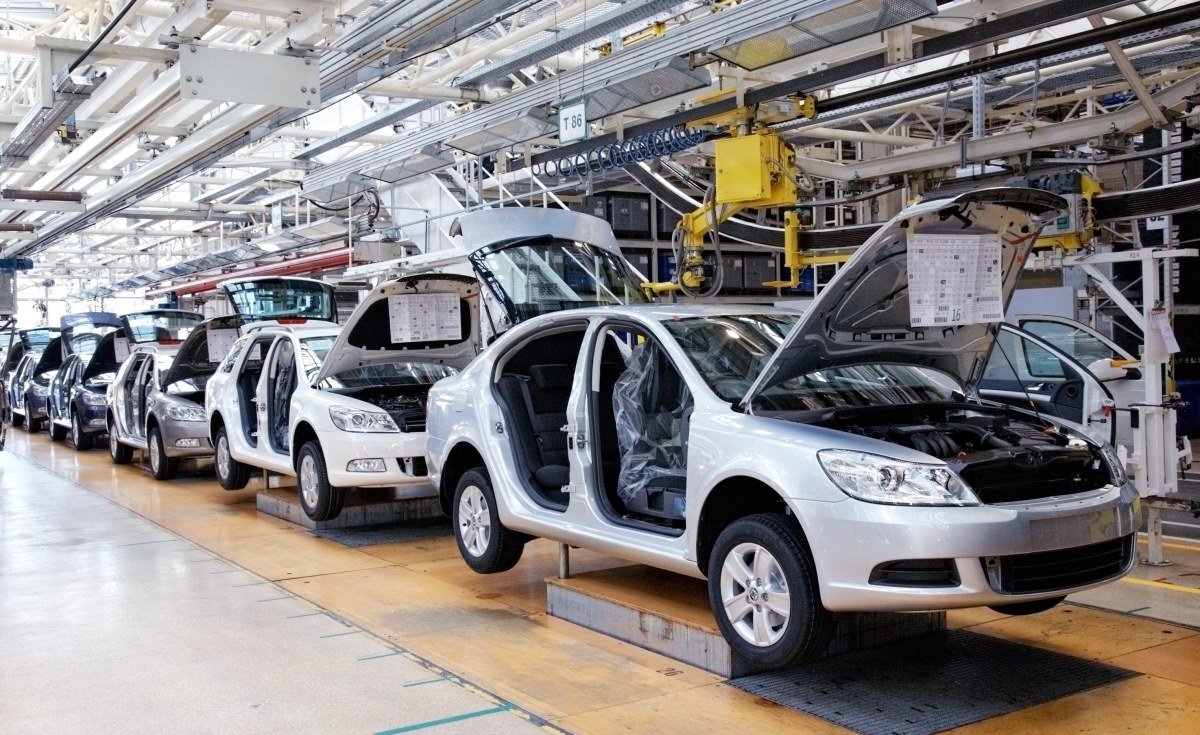In what appears to be a tacit reversal of the Nigerian auto policy initiated by the pastadministration in 2014, typified by the slash in import duties from 30percent to 10 percent, production of Made-in-Nigeria cars are now on a decline.
The situation, according to industry watchers, has caused an influx ofimported vehicles, resulting to low sales of locally produced cars.
Aminu Jalal, immediate past director general (DG) of the National Automotive Council(NAC) who weighed in on the issue said that the proposed launch ofMade-in-Nigeria vehicles in 2017 is no longer realistic due tounfavourable policy that encouraged vehicle importation to the detrimentof production.
He said that the auto policy was initiated when import duty was 30percent, but that this has now been slashed to 10 percent.
Jalal said the average Nigerian mentality about Made-in-Nigeria product canbe said to be hindering demand for locally made vehicles, adding thatthe average Nigerian still believes that imported cars are of greaterquality than locally made cars, explaining that producing vehicles locally does not mean that the vehicles would be 100 percent made inNigeria.

“Our approach to a Nigerian vehicle is that the vehicle that is beingassembled will have up to 60-70 per cent local content; then you can call it a Nigerian vehicle.,” he said, adding that Nigerians spendabout ₦600 billion annually on importation of vehicles – 50,000 new and 150,000 used.
“Nigerians spend an average of ₦400 billion on importing passenger cars. By the time you add trucks and other vehicles, the amount Nigerians spend on imported vehicles will be running to ₦600 billion annually”
Kunle Ade Ojo, managing director of Toyota Nigeria, in a media briefing recently disclosed that the total sales figure of vehicles across the
country including all brands stood at 2,000 units as against 5,500 vehicles sold within the same period in 2016.
While attributing the poor sales of vehicles to the scarcity of foreign exchange, devaluation of naira and the high interest rate coupled with
the economic hardship, which has crippled buying power of many buyers, Ade Ojo said mostly affected by the low sales are Made-in-Nigeria cars,
as vehicle imports continue to dominate sales despite the launch of the National Automotive Policy.
Jacky Hathiramani, the managing director of Kia Motors, said the auto policy has enriched Nigeria with a number of assembly plants, as many new cars sold in the country today are locally assembled because of the auto policy. Nigeria thus has the capacity to produce 380,000 cars per year.
However, even with the production capacity of 380,000 cars per year, the decrease in sales will discourage the production of more cars, he noted, saying that the assembly plants will then produce less than they are supposed to, which would make the automobile industry to run at a loss with little revenue to march against operating costs. Also, the assembly plants will be obsolete, this will in turn result to a low return on investments (ROI) to investors.
He advised government and automobile companies to sensitize Nigerians to the good quality of Made-in-Nigeria vehicles, while clamouring for
import duties to be increased, as a 10 percent tax on the import of foreign cars is too low.











When applause travels faster than hunger